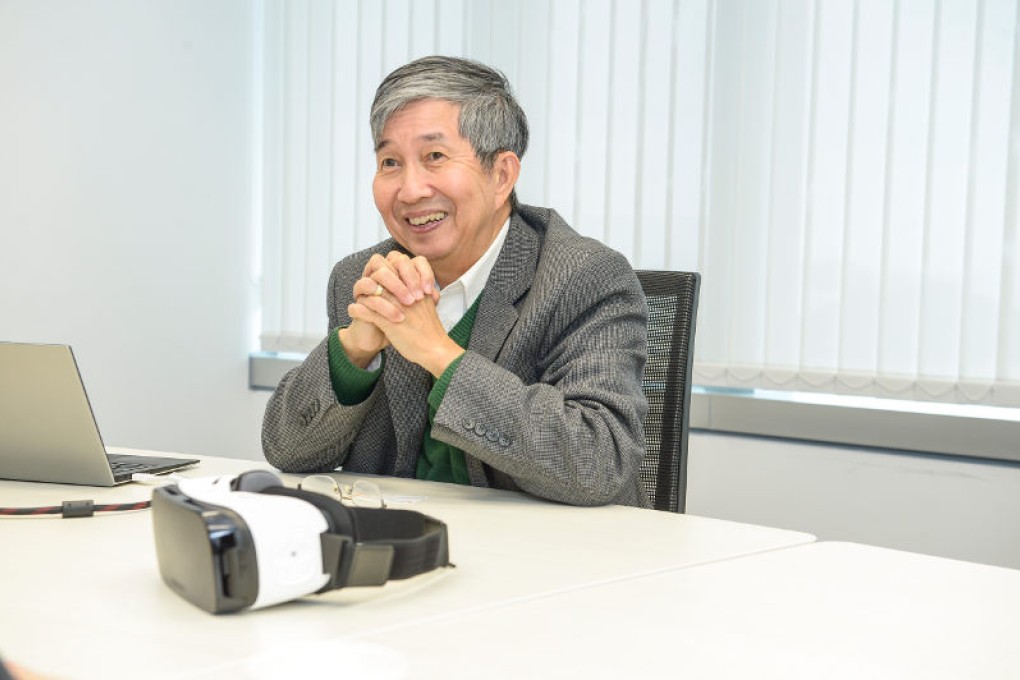Professor Ching W. Tang has changed the way we look at television
Ambition is the path to success, and you need persistence to stick to that path. No one understands this better than Professor Ching W. Tang, the inventor of the organic light-emitting diode (OLED), an eco-friendly invention which gives a refined viewing experience by delivering extraordinary crispness and visual quality.

Ambition is the path to success, and you need persistence to stick to that path. No one understands this better than Professor Ching W. Tang, the inventor of the organic light-emitting diode (OLED), an eco-friendly invention which gives a refined viewing experience by delivering extraordinary crispness and visual quality. Tang realised the possibilities of OLED in the 1980s, but it took over a decade of hard work for his research to come to fruition.
The uninitiated may regard OLED as an interesting invention that’s confined to university laboratories. But that’s far from the truth, as there are many real-world applications for the technology. Now that a television screen can be made of an ultrathin “wallpaper”, mounted on a wall, and curved to give a range of viewing angles, the invention can be applied widely.
OLED offers superior light and colour expression because it’s based on self-emitting light sources. Its flexibility and transparent nature helps designers to innovate. As it doesn’t need a backlight or other auxiliary layers, the OLED display is fundamentally less complicated than liquid crystal display (LCD), and in time, it will become less costly to manufacture. That’s why it’s starting to replace LCD in smart phones, computers and televisions.
Tang, who was born and raised in Hong Kong, is known internationally as the “Father of OLED”. He received his PhD in Physical Chemistry from Cornell University in New York in 1975, and joined Eastman Kodak, the famed film manufacturing company, as a research scientist that year. Tang was named Distinguished Fellow of the Kodak Research Laboratories in 2003.
He joined the University of Rochester as the Doris Johns Cherry Professor of Chemical Engineering in 2006, and became part of the HKUST Jockey Club Institute for Advanced Study in 2013. He was the first Chinese recipient of the renowned Wolf Prize in Chemistry, an award considered second only in prestige to the Nobel Prize, which he received in 2011 for his discovery of OLED.
The OLED story was not written in a day. Its origin dates back to the 1980s, when Tang started working on organic electronics at Eastman Kodak. His seminal paper on OLED technology was published in 1987 in Applied Physics Letters. With over 10,000 citations, it is the most cited paper in the history of this highly regarded journal, which is published by the American Institute of Physics.
But the growth of OLED was not as fast as expected. “We had to overcome many technical hurdles, especially regarding the efficiency and lifespan of the device. There was no real-life application of OLED at that time,” says Tang. “But I just kept trying, and carried on publishing articles about OLED.”